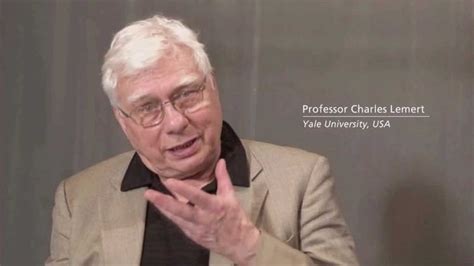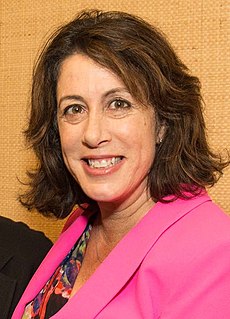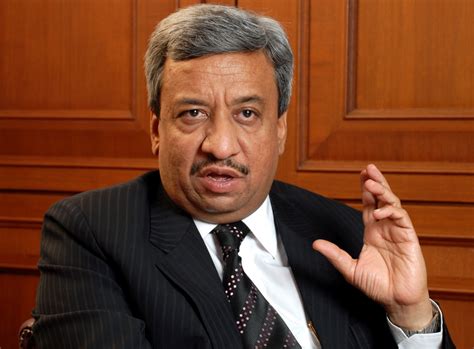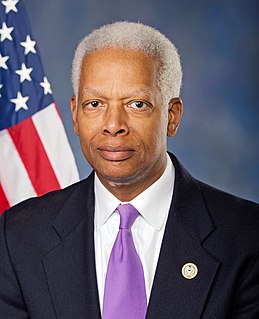A Quote by Mark Skousen
Donating money to a few of my favorite free-market organizations used to be a pleasant duty, but now I'm literally inundated with demands from hundreds of think tanks and public-policy groups, all vying for my limited funds
Related Quotes
Succinct, thorough, and masterfully researched-Thomas Medvetz has written a subtle and timely history of these fixtures of public debate in the United States. In the realms of culture studies, policy, and policy formation, there is no book quite like Think Tanks in America. Plus which, no one has understood, interpreted, then used Pierre Bourdieu's ideas better-so well that Bourdieu himself would have been pleased.
There are three major political organizations in this country: the Republican Party, the Democratic Party and the Koch Brothers Party. With billions to spend on campaigns. think tanks and 'educational' organizations, the Koch brothers are the most powerful. We must overturn Citizens United, move to public funding of elections and pass real tax reform.
It is eminently possible to have a market-based economy that requires no such brutality and demands no such ideological purity. A free market in consumer products can coexist with free public health care, with public schools, with a large segment of the economy -- like a national oil company -- held in state hands. It's equally possible to require corporations to pay decent wages, to respect the right of workers to form unions, and for governments to tax and redistribute wealth so that the sharp inequalities that mark the corporatist state are reduced. Markets need not be fundamentalist.
One of the big myths about philanthropy is that it's all about donating funds for a cause. I like to look at it quite differently. Philanthropy is about 'giving' - not just in monetary terms but also in non-monetary aspects, like time, ideas, or being a volunteer. Donating money is just a small part of philanthropy.
Under the rule of the "free market" ideology, we have gone through two decades of an energy crisis without an effective energy policy. Because of an easy and thoughtless reliance on imported oil, we have no adequate policy for the conservation of gasoline and other petroleum products. We have no adequate policy for the development or use of other, less harmful forms of energy. We have no adequate system of public transportation.





































